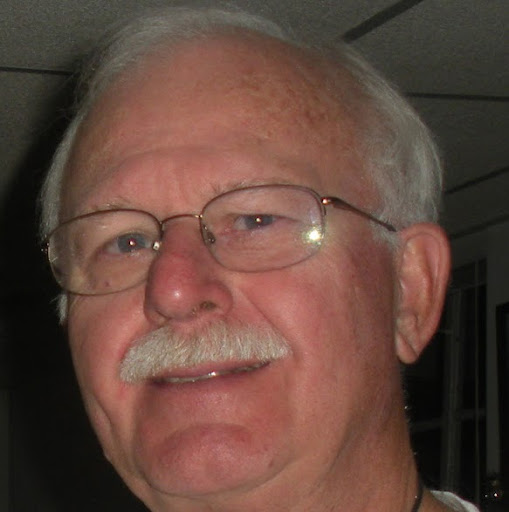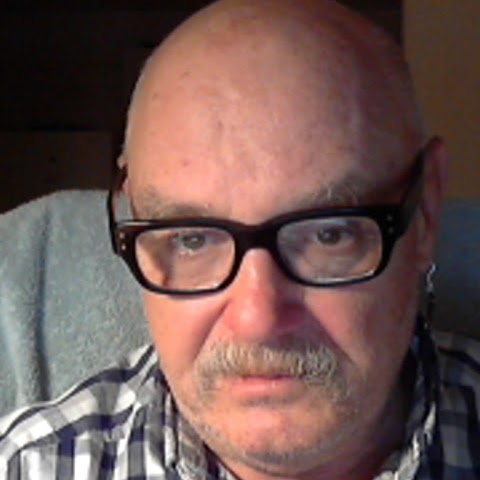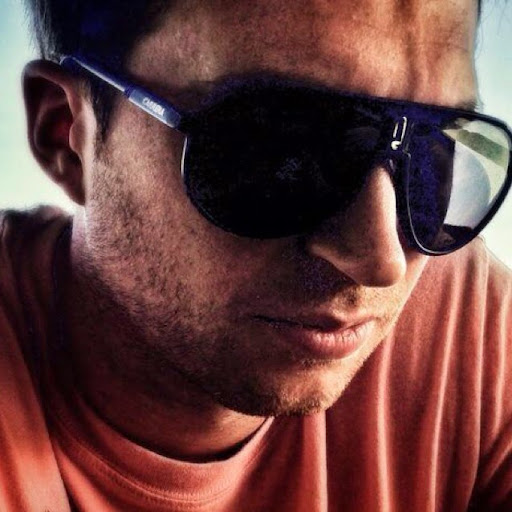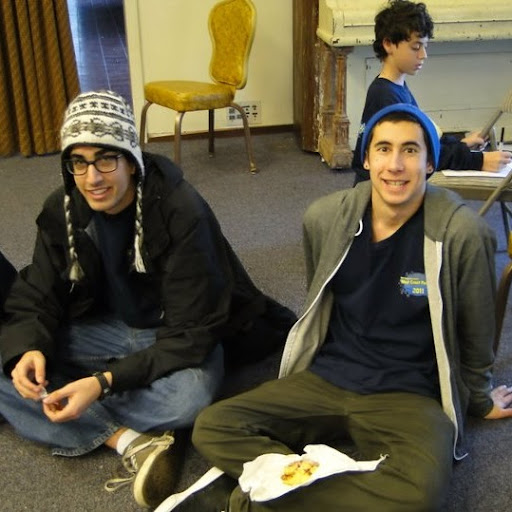Walter R Gilbert
Deceased
from Mansfield, MA
Walter Gilbert Phones & Addresses
- 186 West St, Mansfield, MA 02048 • 508 339-7809
Work
-
Position:Professional/Technical
Education
-
Degree:Associate degree or higher
Name / Title
Company / Classification
Phones & Addresses
Manager
FIRST STREET HOLDING LLC
70 Walnut St SUITE 302, Wellesley Hills, MA 02481
Wellesley Hills, MA 02481
Wellesley Hills, MA 02481
Manager
BIOVENTURES INVESTORS LIMITED PARTNERSHIP II
70 Walnut St SUITE 302, Wellesley Hills, MA 02481
Wellesley Hills, MA 02481
Wellesley Hills, MA 02481
General Partner
BIOVENTURES INVESTORS, LLC
Investment Advisors
Investment Advisors
70 Walnut St SUITE 302, Wellesley Hills, MA 02481
101 Main St, Cambridge, MA 02142
617 252-3443, 617 621-7993
101 Main St, Cambridge, MA 02142
617 252-3443, 617 621-7993
Secretary
BIOVENTURES II MANAGEMENT CORPORATION
70 Walnut St SUITE 302, Wellesley Hills, MA 02481
Wellesley Hills, MA 02481
Wellesley Hills, MA 02481
GILBERT ENERGY, LLC
President
FEDERAL LEASING COMPANY, INC
90 Hawes Way, Stoughton, MA 02072
323 Great Pln Ave, Needham, MA
323 Great Pln Ave, Needham, MA
DIRECTOR
SPAULDING COMPANY, INC
Mr Carmen D Matteo, Barrington, RI 02806
80/90 Hawes Way, Stoughton, MA 02072
323 Great Pln Ave, Needham, MA 02192
80/90 Hawes Way, Stoughton, MA 02072
323 Great Pln Ave, Needham, MA 02192
Incorporator
AVENGER CAMPERS OF JACKSON, INC
Us Patents
-
Protein Synthesis
view source -
US Patent:44119941, Oct 25, 1983
-
Filed:Jun 8, 1978
-
Appl. No.:5/913533
-
Inventors:Walter Gilbert - Cambridge MA
Stephanie A. Broome - Cambridge MA
Lydia J. Villa-Komaroff - Boston MA
Argiris A. Efstratiadis - Cambridge MA -
Assignee:The President and Fellows of Harvard College - Cambridge MA
-
International Classification:C12P 2104
C12P 2100
C12N 1500
C12N 100 -
US Classification:435 71
-
Abstract:A plasmid or phage gene for a periplasmic or extracellular bacterial protein is cleaved, a double-stranded DNA sequence coding for a selected protein or portion thereof from a eukaryotic cell such as insulin is inserted in that cleaved gene by recombinant DNA techniques and used to transform a bacterium, and the excreted selected protein is collected.
-
Mature Protein Synthesis
view source -
US Patent:43383971, Jul 6, 1982
-
Filed:Apr 11, 1980
-
Appl. No.:6/139225
-
Inventors:Walter Gilbert - Cambridge MA
Karen Talmadge - Cambridge MA -
Assignee:President and Fellows of Harvard College - Cambridge MA
-
International Classification:C12P 2100
-
US Classification:435 68
-
Abstract:A method is provided for synthesizing within a bacterial host, and secreting through the membrane of the host, a selected mature protein or polypeptide. The method involves: (a) cleaving a cloning vehicle to form a cleavage site after a promoter of either (1) a bacterial or phage gene within the cloning vehicle or (2) a DNA fragment of the bacterial or phage gene; (b) forming a hybrid gene by inserting into the cleavage site a non-bacterial DNA fragment which codes for precursor of the selected protein or polypeptide, including the signal sequence of the selected protein or polypeptide; (c) transforming the host with the cloning vehicle; and then (d) culturing the transformed host to secrete the selected protein or polypeptide. By this method, mature proteins or polypeptides can be produced, free of signal sequences or other chemical substituents, such as an f-met, on the proteins or polypeptides.
-
Recombinant Dna Molecule
view source -
US Patent:45657858, Jan 21, 1986
-
Filed:Aug 1, 1983
-
Appl. No.:6/519303
-
Inventors:Walter Gilbert - Cambridge MA
Stephanie A. Broome - Cambridge MA
Lydia J. Villa-Komaroff - Boston MA
Argiris A. Efstratiadis - Cambridge MA -
Assignee:The President and Fellows of Harvard College - Cambridge MA
-
International Classification:C12N 100
C12N 1500
C12N 986
C07H 1512 -
US Classification:435317
-
Abstract:A plasmid or phage gene for a periplasmic or extracellular bacterial protein is cleaved, a double-stranded DNA sequence coding for a selected protein or portion thereof from a eukaryotic cell such as insulin is inserted in that cleaved gene by recombinant DNA techniques and used to transform a bacterium, and the excreted selected protein is collected.
-
Peptides Involved In The Pathogenesis Of Hiv Infection
view source -
US Patent:50176889, May 21, 1991
-
Filed:Oct 30, 1989
-
Appl. No.:7/430898
-
Inventors:Walter Gilbert - Cambridge MA
Richard A. Fisher - Brookline MA
Vicki L. Sato - Cambridge MA -
Assignee:Biogen, Inc. - Cambridge MA
-
International Classification:C07K 708
A61K 3702
A61K 3912 -
US Classification:530326
-
Abstract:This invention relates to peptides involved in the pathogenesis of human immunodeficiency virus ("HIV"). More particularly, this invention relates to peptides from the env region of the HIV genome and the use of such peptides in methods and compositions for preventing, treating, or detecting acquired immune deficiency syndrome ("AIDS") infection.
-
Peptides Involved In The Pathogenesis Of Hiv Infection
view source -
US Patent:49436279, Jul 24, 1990
-
Filed:Aug 16, 1988
-
Appl. No.:7/234009
-
Inventors:Walter Gilbert - Cambridge MA
Richard A. Fisher - Brookline MA
Vicki L. Sato - Cambridge MA
Johann J. Leban - Sommerville MA -
Assignee:Biogen, Inc. - Cambridge MA
-
International Classification:C07K 708
C07K 710 -
US Classification:530324
-
Abstract:This invention relates to peptides involved in the pathogenesis of human immunodeficiency virus ("HIV"). More particularly, this invention relates to peptides from the env region of the HIV genome and the use of such peptides in methods and compositions for preventing, treating, or detecting acquired immune deficiency syndrome ("AIDS") infection.
Wikipedia References

Walter Gilbert
License Records
Walter F. Gilbert
License #:
PST.010546 - Active
Issued Date:
Feb 20, 1975
Expiration Date:
Dec 31, 2017
Type:
Pharmacist
Walter R Gilbert
Address:
Mansfield, MA 02048
License #:
14162 - Active
Issued Date:
Nov 18, 1960
Expiration Date:
Jun 30, 2018
Type:
Safety Engineer
Resumes

Managing Directer At Bioventures Investores
view sourceLocation:
Greater Boston Area
Industry:
Biotechnology

Walter Gilbert
view sourceLocation:
United States

Walter Gilbert
view sourceLocation:
United States

Walter Gilbert
view sourceLocation:
United States
Medicine Doctors

Walter Gilbert
view sourceSpecialties:
Ophthalmology
Work:
Gilbert Cataract CenterLevenson Eye Associates
3 Shircliff Way STE 122, Jacksonville, FL 32204
904 384-2333 (phone), 904 384-2955 (fax)
Gilbert Cataract CenterLevenson Eye Associates
751 Oak St STE 200, Jacksonville, FL 32204
904 366-3781 (phone), 904 354-3075 (fax)
3 Shircliff Way STE 122, Jacksonville, FL 32204
904 384-2333 (phone), 904 384-2955 (fax)
Gilbert Cataract CenterLevenson Eye Associates
751 Oak St STE 200, Jacksonville, FL 32204
904 366-3781 (phone), 904 354-3075 (fax)
Education:
Medical School
Duke University School of Medicine
Graduated: 1963
Duke University School of Medicine
Graduated: 1963
Procedures:
Corneal Surgery
Lens and Cataract Procedures
Ophthalmological Exam
Lens and Cataract Procedures
Ophthalmological Exam
Conditions:
Glaucoma
Keratitis
Acute Conjunctivitis
Cataract
Diabetic Retinopathy
Keratitis
Acute Conjunctivitis
Cataract
Diabetic Retinopathy
Languages:
English
Spanish
Spanish
Description:
Dr. Gilbert graduated from the Duke University School of Medicine in 1963. He works in Jacksonville, FL and 1 other location and specializes in Ophthalmology. Dr. Gilbert is affiliated with Baptist Medical Center and St Vincents Medical Center.

Walter Livingston Gilbert
view sourceSpecialties:
Pediatrics
Pediatric Adolescent Medicine
Adolescent Medicine
Pediatric Adolescent Medicine
Adolescent Medicine
Education:
University of Louisville(1971)

Walter R Jr Gilbert
view sourceSpecialties:
Ophthalmology
Pediatric Ophthalmology
Surgery
Gastroenterology
Maternal & Fetal Medicine
Pediatric Ophthalmology
Surgery
Gastroenterology
Maternal & Fetal Medicine
Education:
Duke University(1963) Ophthalmology
News

Gene Patents Drive Medical Innovation
view source- Scientific acclaim is not enough; innovation requires money. Before forming Myriad, one of the co-founders, Walter Gilbert of Harvard, won the Nobel Prize in chemistry for co-developing DNA sequencing. Co-founder Mark Skolnick of the University of Utah, and some of his colleagues created the gene-
- Date: May 20, 2013
- Category: Health
- Source: Google

Photos: Life-Changing Nobel Chemistry Breakthroughs
view source- This kind of potentially life-saving research wouldn't be possible today if not for science conducted by Walter Gilbert and Frederick Sanger. The pair was awarded the 1980 Nobel Prize in Chemistry for work on sequencing the base pairs, or chemical letters, that make up DNA and RNA. The work has
- Date: Oct 05, 2011
- Category: Sci/Tech
- Source: Google
Flickr
Googleplus

Walter Gilbert

Walter Gilbert

Walter Gilbert

Walter Gilbert

Walter Gilbert

Walter Gilbert
Classmates

Walter Gilbert
view sourceSchools:
Lahser High School Bloomfield Hills MI 1973-1977
Community:
Laura Hague

Walter Gilbert
view sourceSchools:
Atlanta International High School Atlanta GA 1949-1953
Community:
Lillie Bishop, Maryann Dozois, Jamie Amos, Daniel Cooper

Walter Gilbert
view sourceSchools:
Kent School Chestertown MD 1957-1961

Walter Gilbert
view sourceSchools:
Richfield High School Waco TX 1969-1973
Community:
Marlys Stewart, Robert Newton, Gary Dowdall, Julia Long

Walter Gilbert
view sourceSchools:
Scottsville High School Scottsville NY 1940-1944
Community:
Robert Green

Walter Gilbert
view sourceSchools:
Huffman School Dayton OH 1954-1961
Community:
Patricia Sturr, Kathryn Luthman, Steve Heill, Damon Stewart

Walter Gilbert
view sourceSchools:
Trade High School Roxbury MA 1969-1973
Community:
Michael Knox, Mike Flaherty, Gerald Brown, James Darby, Rupert Brown, James Shearrion, Jim Tessitore, Charlie Jackson, Bob Owen, Victor Melenciano, Ricky Whitt

Walter Gilbert
view sourceSchools:
Webbers Falls High School Webbers Falls OK 2003-2007
Community:
Cassanndra Cox, Anna Mcgrew, Jessica Herman, Jessica Terrell
Youtube
Plaxo

GILBERT WALTER
view sourcePresident at Safety and Compiiance Engineering

Walter Gilbert
view source
Walter Jim Gilbert
view source
Walter Gilbert
view source
Walter Gilbert Acosta Las...
view source
Walter Gilbert
view source
Walter Gilbert
view source
Walter Gilbert
view source
Walter Gilbert
view sourceGet Report for Walter R Gilbert from Mansfield, MADeceased













